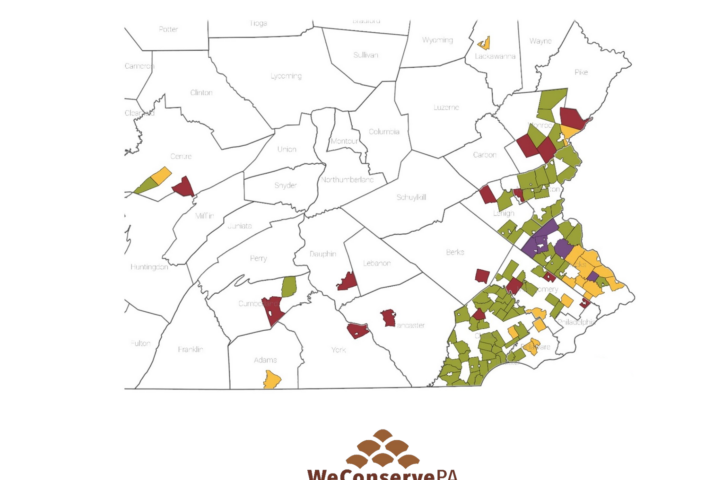WeConservePA has updated two of its guides that deal directly with development strategies for conservation nonprofits as it relates to donations: Donation by Will and Donation Agreements.
Donation by Will: Options and Issues Regarding Gifts of Cash, Land and Other Property
Donors who want to help a worthy charity but also need to ensure that they have sufficient assets to live comfortably until life’s end may choose to make some gifts via their wills.
Donations by will have been widely used for centuries to distribute to charities some or all of a donor’s remaining assets upon their death.
Donors sometimes hesitate to make a substantial donation of cash, land, or other property during their lives because they are concerned of the risk that they might unintentionally deplete assets that they will come to need later in their lives. A gift by will—a will being something that they can change at any time—avoids this concern.
Unrestricted gifts of cash or items of personal or real property that can be converted into cash may come as delightful, and much appreciated, surprises to the recipient. That’s not always true with gifts restricted to a particular use. If it is the donor’s intent to restrict a gift’s use (or transferability to another organization), the charity should be consulted in order to ensure that the organization will want to accept and manage the planned gift.
Donation by will may help donors achieve goals of both supporting conservation and avoiding or minimizing state inheritance and federal estate taxes. To read further or access the full guide go to the WeConservePA library.
Donation Agreements
A donation agreement may be used to ensure that a donor’s promise can be relied upon, set the expectations of both donor and recipient, and prevent misunderstandings.
A simple promise to donate may be all an organization needs from a donor. However, before investing substantial time, money, and credibility in a larger-scale project, an organization may want to minimize the potential for misunderstandings and make a donor’s promise to support the project a legally binding obligation. A carefully crafted donation agreement can accomplish this; it can ensure that there is a meeting of the minds between a donor and donee as to the amount and timing of the donation and other important issues that may need to be addressed to assure a mutually satisfactory experience.
This guide looks at the situations where it is desirable to create a legally enforceable promise to make a gift and describes ways to do so. It generally avoids covering material addressed in the guide Restricted Gifts: Issues to Consider Before Making or Taking a Gift for a Specific Purpose. Readers are encouraged to review that guide, particularly the section entitled “The Donation Agreement,” in conjunction with this guide.
The guide Donations of Stock and Other Securities discusses the benefits of donating stock rather than cash, the procedure for doing so, and the applicability of donation agreements in particular circumstances. To read further or access the full guide go to the WeConservePA library.


